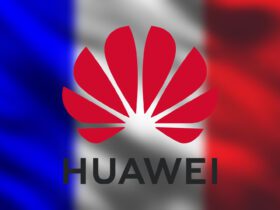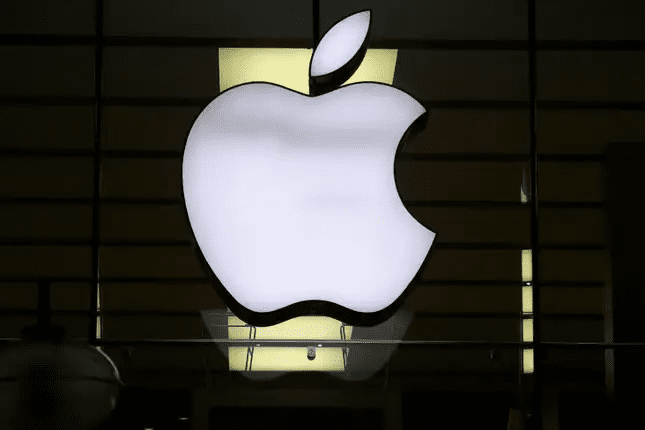In a surprising turn of events that has rippled through the tech community and beyond, Apple Inc. has announced a temporary halt in sales of select models of its iconic Apple Watch in the United States. This decision comes in the wake of a heated patent dispute with a rival tech company, marking a significant moment in Apple’s storied history. This development not only underscores the complex nature of intellectual property rights in the tech industry but also raises questions about the future of wearable technology and innovation.
The Heart of the Dispute
At the core of this controversy is a patent infringement lawsuit filed by a competing tech firm, alleging that specific features in the Apple Watch, notably those related to health and fitness tracking, infringe upon patents they hold. The patents in question are understood to cover advanced technologies that monitor heart rate and activity levels using unique sensors and algorithms.
Apple, known for its robust defense of its innovations and intellectual property, has pushed back against these claims, asserting the originality and proprietary nature of its technology. However, the legal complexities and the potential for a protracted battle have led to a strategic decision to halt sales of the implicated models until a resolution can be reached.
Implications for Apple and the Tech Industry
This move is unprecedented for Apple, a company that has often found itself at the forefront of technological innovation and legal challenges alike. The decision to suspend sales of one of its flagship products in a major market like the United States is not taken lightly and signals the seriousness with which Apple views this dispute.
For the broader tech industry, this situation highlights the intricate dance of innovation, competition, and legal protection of intellectual property. Patents are intended to safeguard inventors and encourage new developments. However, when disputes arise, they can also stifle innovation and limit consumer choice. The outcome of this particular case could set important precedents for how similar disputes are handled in the future.
Consumer Impact and Industry Response
For consumers, the immediate impact is the temporary unavailability of certain Apple Watch models. Those looking to purchase or upgrade their devices may have to wait or consider alternative options. This development could also influence consumer perception of Apple, though the company’s loyal customer base and strong brand identity are likely to mitigate any long-term negative effects.
Competitors in the wearable technology space may see this as an opportunity to capture market share from Apple. It’s conceivable that other companies could step up their marketing efforts or accelerate the release of new products to fill the gap left by the Apple Watch’s absence. However, they also face the risk of becoming embroiled in similar patent disputes, underscoring the precarious balance that tech companies must maintain.
Looking Ahead: Resolving the Dispute and Moving Forward
The resolution of this patent dispute will be closely watched by industry insiders, legal experts, and consumers alike. A settlement or court decision could pave the way for the resumption of sales and potentially lead to changes in how Apple and other companies approach the development and protection of their technologies.
Moreover, this situation may prompt a broader discussion within the tech community about the role of patents in innovation. Finding a balance between protecting intellectual property and fostering an environment where new ideas can flourish will be crucial for the continued advancement of technology.
Conclusion
The temporary halt of select Apple Watch models in the US market is a significant development that highlights the complex interplay between innovation, competition, and intellectual property rights. As Apple navigates this legal challenge, the tech industry and consumers are reminded of the fragile ecosystem that supports the rapid pace of technological advancement.
This dispute also serves as a call to action for policymakers, industry leaders, and legal experts to examine the current patent system and its impact on innovation. The goal should be to ensure that patents continue to serve their intended purpose of promoting new inventions while not unduly hindering the technological progress that benefits society as a whole.
As we watch this situation unfold, it’s clear that the implications extend far beyond Apple and its competitors. The outcome of this dispute has the potential to shape the future of wearable technology and innovation for years to come.
Visit Unicorn Blogger For More Articles & Blogs !




























Leave a Reply